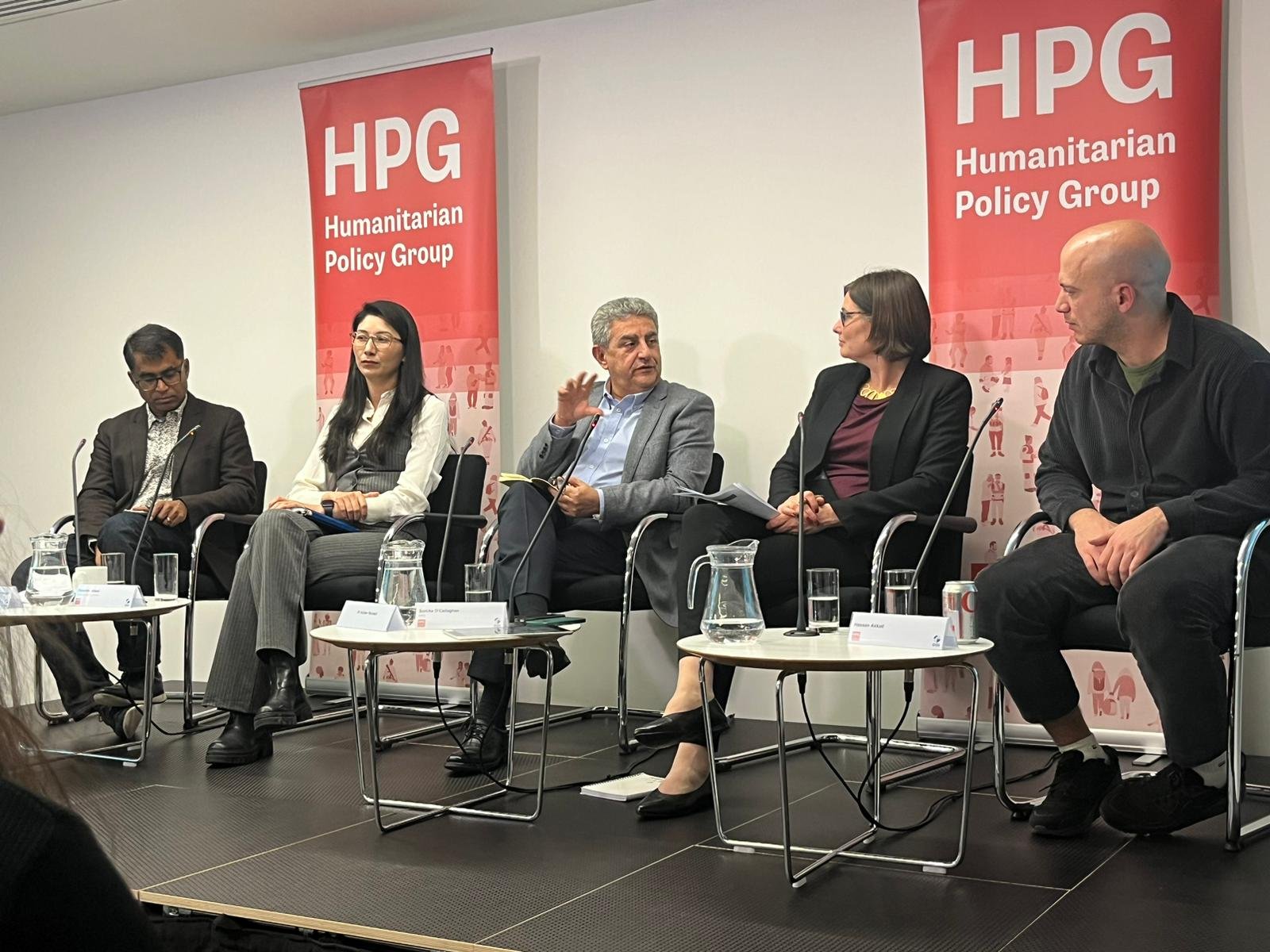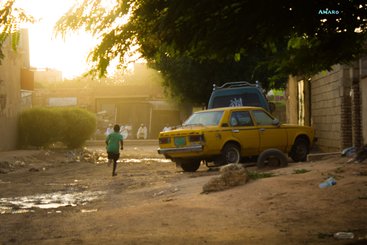This week, the Humanitarian Policy Group held its annual flagship event, bringing together experts to highlight some of the most pressing challenges we are facing – not just as humanitarians, but as global citizens.
We set out to explore the increasingly authoritarian rollbacks on democracy, which are intimately connected to a global backlash on rights. This was a timely and critical discussion: around the world, civilians are targeted in conflict zones, refugee rights are being eroded, and protections under international law are being dismantled.
Navigating difficult environments
Aid organisations have always needed to navigate these difficult operating environments, but advocating and acting on injustice and its humanitarian consequences have grown increasingly difficult. At our event, ‘The humanitarian implications of a backlash of rights’, we heard from a range of experienced speakers to discuss and debate the humanitarian consequences of the current global situation and the way forward.
Each of our speakers brought a different perspective, from personal experience of becoming a refugee and how the UK environment felt, to experience on protracted crisis and the gradual but deeply damaging erosion of protected rights.
Dr Dhananjayan (Danny) Sriskandarajah, CEO of Oxfam GB, explained how the situation for civil society organisations had deteriorated in the past decade: ‘Humanitarians have had to grapple with these issues for a long time. It’s not new, but it feels like there’s something substantively different now.’ He acknowledged that aid and humanitarian organisations could no longer afford to be complacent, and called on them to be better prepared for the current and future operating context. In particular, he focused on the current crisis in Gaza, calling it the ‘most heartbreaking experience’ of his five-year tenure at Oxfam. He urged us to consider the question: ‘What does it mean to build peace and stability?’

Fereshta Abbasi, Researcher at Human Rights Watch in Afghanistan, spoke about the Taliban takeover of the country, and the restrictions placed on women in all aspects of life. The ban on women working since late last year has created acute challenges for Human Rights Watch’s operations in Afghanistan. Abbasi said the organisation doesn’t want ‘to adhere to the Taliban’s abusive policies […] It’s impossible to work without women or ensure aid is reaching the most vulnerable without women. We don’t want to see an aid organisation only led by male staff.’ She continued: ‘What’s really important in trying to work in this context is that aid organisations work and coordinate together. Every crisis has its own unique challenges it comes with – and every action organisations like ours take can have consequences. Working together, I’m optimistic we’ll see more visible change.’
Prioritising lived experience
Hassan Akkad, British/Syrian writer, filmmaker and human rights activist, spoke on his experience of moving to the UK in 2015, saying that ‘since then, in the world of displacement, things have gotten worse and worse.’ He stressed that language is important, and that hearing the increasingly ‘dehumanizing language about people genuinely fleeing for their lives […] it was a let down from my adopted country. I expected better.’ He went on to call for a restructure of humanitarian aid – and that ‘decision-making should be led by people from affected communities with lived experience.’
Finally, Dr Sultan Barakat, Director of Global Institute for Strategic Research and Professor at Hamad Bin Khalifa University, expressed his frustration at the rhetoric and responses from some organisations on the Israel–Gaza crisis, particularly when it comes to impartiality: ‘Being impartial doesn’t mean we are morally blind,’ he said. ‘We can’t use impartiality as an excuse to not say anything. Compromise your morals, and the end result is the disaster we see on a daily basis.’
This event, hosted by HPG, comes at a time when the sector continues to grapple with difficult questions about its role and responsibility in relation to humanitarian crises and their political causes and consequences. It brought humanitarians and other actors in the development and foreign policy space together to question and critically analyse how crisis response can evolve, and the trade-off of meeting needs but undermining rights.
Of particular relevance to this event is HPG’s ongoing work on wellbeing which calls into question who defines ‘urgent need’ in a crisis, and where rights fit in to this agenda. Our evidence shows that regardless of the difficult circumstances they find themselves in, people strive not just to exist, but ‘to live in ways that they believe have meaning and value’. As ever, HPG is grateful to our guests for offering their thoughtful and wide-ranging insights on this crucial and challenging topic, and we invite you to watch our event in full.
If you’d like to be kept up to date with this work, please sign up for HPG's newsletter.


